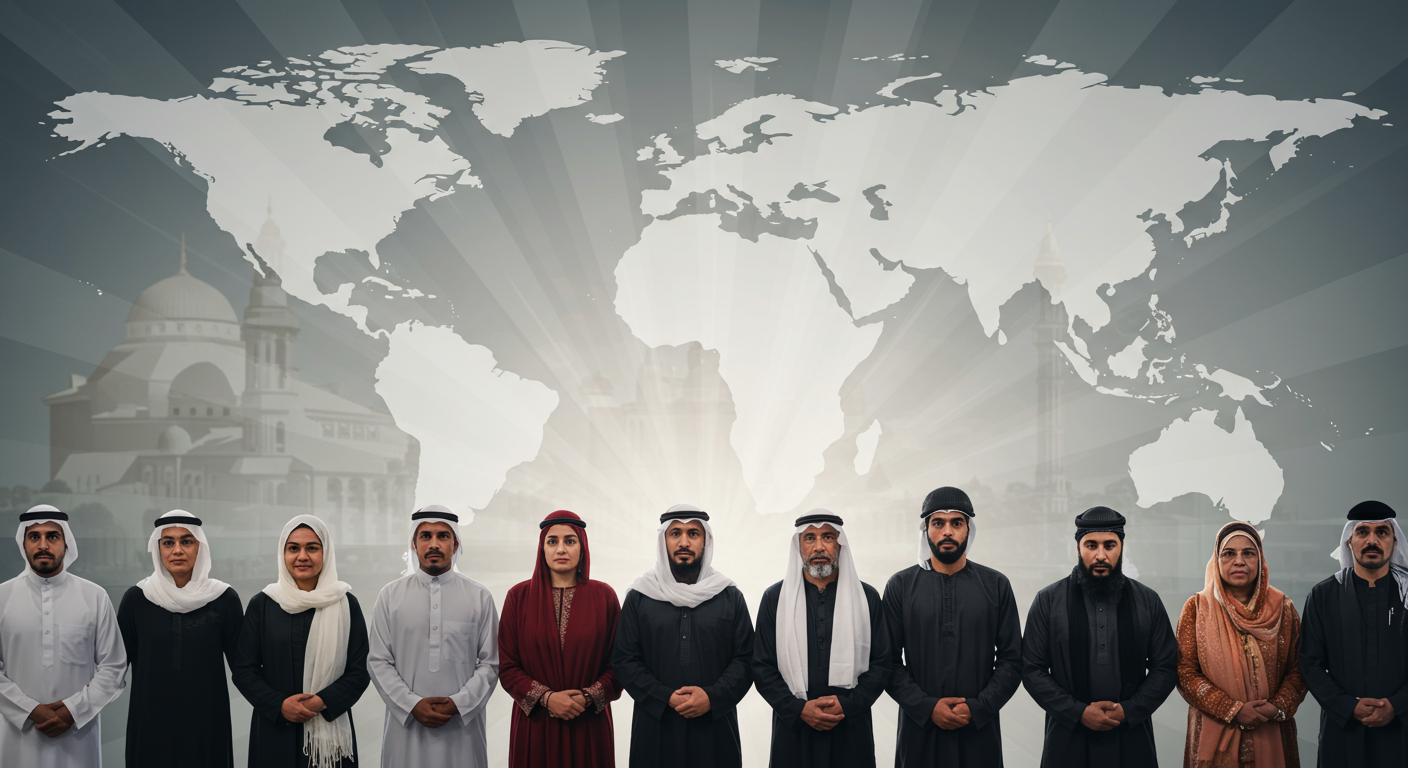
The news from Jakarta weighs heavily on my mind. Fifty-four individuals, including children and teachers, injured during Friday prayers in a school mosque in Kelapa Gading, North Jakarta, as reported by Fareha Naaz for LiveMint Blast at Indonesian mosque: 54 injured during Friday prayers in capital city Jakarta | Today News. City Police Chief Asep Edi Suheri has confirmed the incident, and initial investigations point towards terrorist activity, with bomb materials and a body vest found at the site. My heart goes out to all affected by this senseless violence.
Indonesia, a nation with a large Muslim population, predominantly Sunni, has not been immune to the broader sectarian tensions that plague the Muslim world. The historical divisions between Shia and Sunni Muslims, stemming from the succession to Prophet Muhammad, have unfortunately morphed into deadly conflicts, as detailed in the Wikipedia article on "Shia–Sunni relations" Shia–Sunni relations - Wikipedia. This article highlights that while Indonesia is largely Sunni, it has a Shia minority that has faced hate campaigns and intimidation, with Sunni clerics sometimes denouncing Shia as "heretics." Such acts of terror, often linked to groups like the Islamic State (ISIS), whose former leader Abu Bakr al-Baghdadi once inspired a global surge in such violence List of terrorist incidents linked to the Islamic State - Wikipedia, serve only to deepen divides and inflict untold suffering on innocent lives.
My mind goes back to my earlier reflections, where I often emphasized the dire consequences of sectarian strife and proxy wars. In 2017, when discussing the Babri Masjid/Ram Temple dispute, I noted that a peaceful resolution in India could serve as a beacon for Shia and Sunni-dominated countries embroiled in proxy wars across Yemen, Iraq, Sudan, Nigeria, Ethiopia, Afghanistan, and Syria, often with the military involvement of global powers Yogiji, this is your moment. I had even proposed a solution then, hoping to set an example of harmonious living. The Jakarta tragedy, unfortunately, underscores how relevant that earlier insight still is.
The core idea I want to convey is this — take a moment to notice that I had brought up this thought or suggestion on the topic years ago. I had already predicted this outcome or challenge, and I had even proposed a solution at the time. Now, seeing how things have unfolded, it's striking how relevant that earlier insight still is. Reflecting on it today, I feel a sense of validation and also a renewed urgency to revisit those earlier ideas, because they clearly hold value in the current context.
I remember writing about the "Four Sides of a Coin" Four Sides of a Coin, lamenting how countries like Syria, under leaders like Bashar Assad, become battlegrounds for foreign powers, leading to immense human cost. The current incident in Jakarta is a stark reminder that this pattern of violence, fueled by extremist ideologies, continues to harm communities globally.
Indeed, figures like Ruhollah Khomeini, the leader of the Iranian Revolution, initially endeavored to bridge the Shia-Sunni divide, forbidding criticism of past caliphs to foster unity Ruhollah Khomeini. Similarly, scholars like Mahmoud Shaltut, the former rector of Al-Azhar University, took significant steps to recognize Shia Islamic law as a valid school of thought, and Yusuf al-Qaradawi advocated for Muslim unity. However, as scholars like Vali Nasr (vnasr@jhu.edu) Vali Nasr and Martin Kramer (mkramer@washingtoninstitute.org) Martin Kramer have extensively documented, this unity often fractured, leading to increased sectarianism. It shows that goodwill alone isn't enough; sustained, inclusive efforts are vital.
I also recall my discussions on the Waqf Act Waqf : Evolve Consensus and how critical it is to ensure legal frameworks promote inclusivity rather than division. Whether it's the role of politicians like Yogi Shri Adityanathji, or the mediation efforts of figures like Hon Kehar in legal disputes, or the diplomatic stance taken by individuals like Mushahid Hussain Syed, the fundamental lesson remains: peace and stability hinge on mutual respect and genuine efforts to find common ground. The tragedy in Jakarta serves as a painful reminder that the fight for unity and understanding within and between communities is far from over.
Regards, Hemen Parekh
Of course, if you wish, you can debate this topic with my Virtual Avatar at : hemenparekh.ai






No comments:
Post a Comment